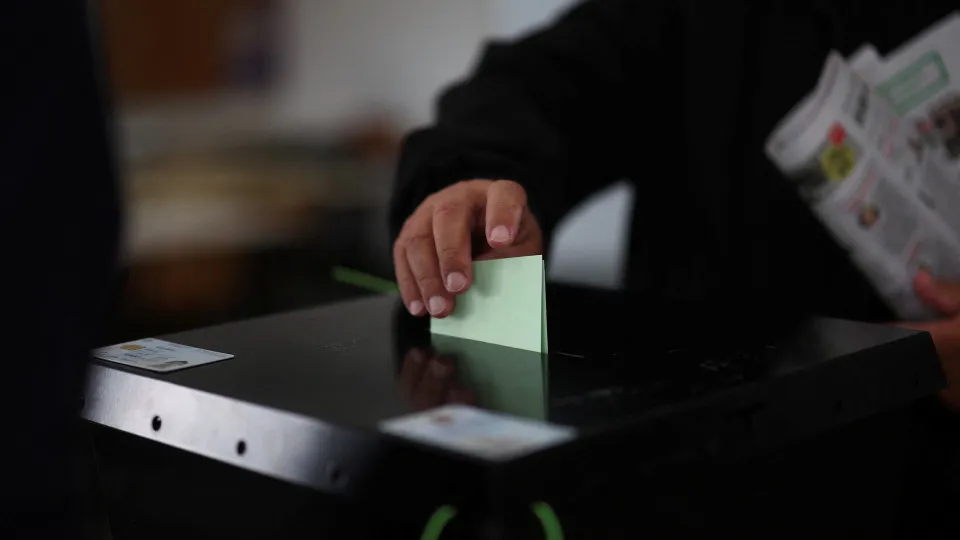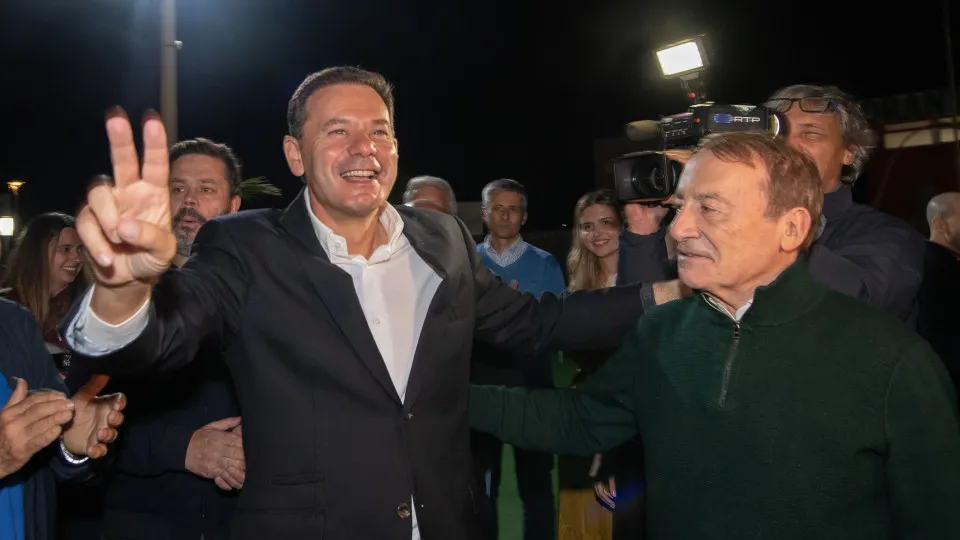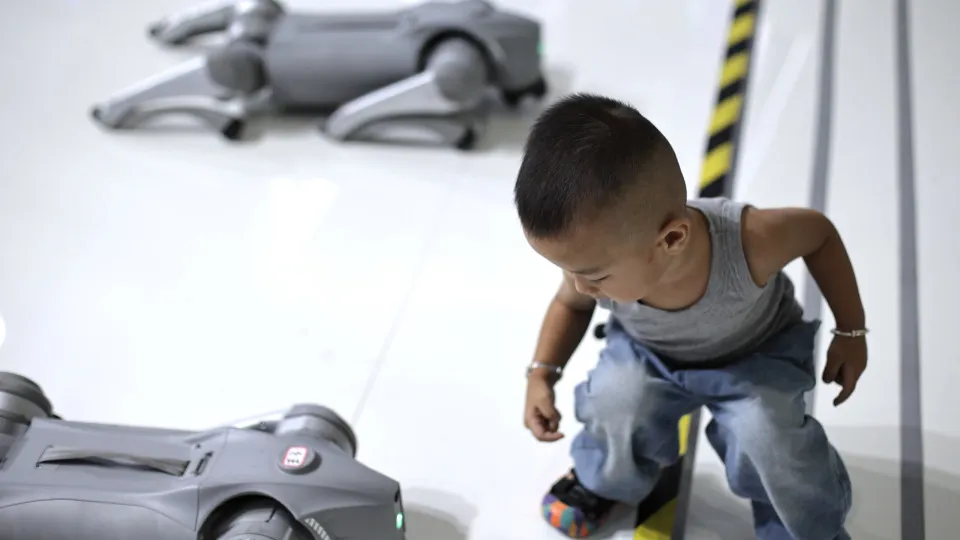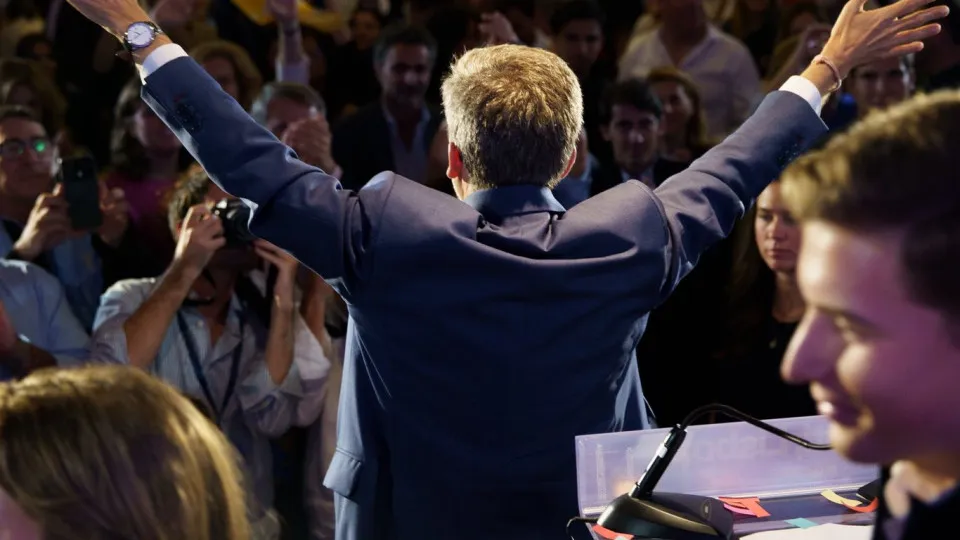
Seasoned political figures in the latest municipal elections included Maria das Dores Meira in Setúbal, Luís Filipe Menezes in Vila Nova de Gaia, António Miguel Pina in Faro, and João Azevedo in Viseu.
Maria das Dores Meira once again secured victory for the Setúbal City Council through the SET-V – Setúbal de Volta movement, backed by the PSD, taking control from the CDU (PCP/PEV). Meira previously served as the communist mayor from 2006 to 2021.
In Vila Nova de Gaia, part of the Porto district, PSD veteran Luís Filipe Menezes triumphed. Having led the city from 1997 to 2009 with absolute majorities, Menezes reclaimed the council from the PS, which suffered following the mandate loss of elected president Eduardo Vítor Rodrigues.
In the Faro district, António Miguel Pina, a member of the PS who served three terms in Olhão, managed to win over the council that had been under social-democrat Rogério Bacalhau, who could not run again.
In Viseu, João Azevedo, a socialist mayor elected three times in Mangualde, sought victory in the district capital in 2021 but lost to historic Viseu mayor Fernando Ruas. On his second attempt, Azevedo defeated the social-democrat, bringing the traditionally PSD council under PS control.
Four CDU-affiliated mayors also celebrated election victories. Carlos Pinto de Sá, at the mandate limit in Évora (2013-2025), won in Montemor-o-Novo, which he had led from 1994 to 2013.
Luís Simão, who left Mora council in Évora in 2021 due to term limits, reclaimed it for the CDU after a socialist term.
In Setúbal district, Álvaro Beijinha, who reached term limits in Santiago do Cacém, secured Sines from the PS for the communists; Manuel Coelho maintained the CDU bastion in Avis, Portalegre, after leading it from 2000 to 2013.
Among socialists who regained councils was Miguel Rasquinho, a former Monforte president (2009-2013), who took back the Portalegre district council from the CDU.
In Castelo Branco, PS internal conflict awarded Belmonte council to Nós, Cidadãos! António Beites Soares, at his term limit in Penamacor, ran for the nearby socialist council. The PS had opted to support Vítor Pereira, also term-limited, from Covilhã council.
Former social-democratic mayors gaining victories included João Marques in Pedrógão Grande, Rui Cruz in Vagos, and Rui Marques Luís in Ponta do Sol, who reclaimed the seat from socialist Célia Pessegueiro.
Socialist figures who faced defeat included former Aveiro mayor Alberto Souto de Miranda, who lost to his brother Luís, running for a social-democratic coalition.
Pedro Ribeiro, having served three terms in Almeirim (Santarém) and leading PS mayors, was also unsuccessful, as was José Manuel Ribeiro in Valongo, who couldn’t transition to Maia.
Vassalo Abreu failed to regain Ponte da Barca (Viana do Castelo) presidency, and former socialist Francisco Orelha did not secure Cuba (Beja).
Communist losses included Vítor Proença of CDU, who did not retake Santiago do Cacém after reaching the term limit in Alcácer do Sal, alongside Mário Pereira failing to win Alpiarça (Santarém) and João Português not being elected in Ferreira do Alentejo. Paulo Neto also did not reclaim Mértola in Beja.
In Serpa, veteran communist João Rocha ran independently after decades in power, losing and potentially causing vote dispersion that led to CDU’s loss of the council.
Among the 20 or more unelected former mayors were Porto’s Nuno Cardoso, Coruche’s Dionísio Mendes, Lamego’s José António Santos, and Vila Nova de Paiva’s José Morgado.




